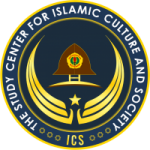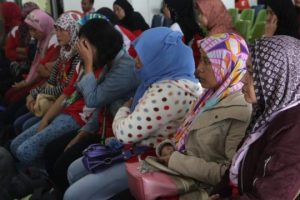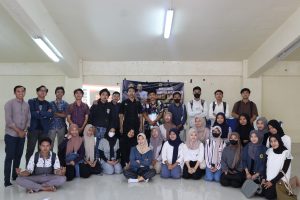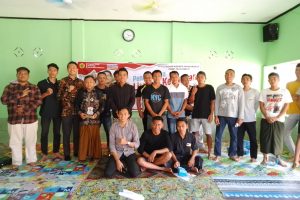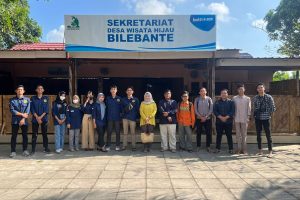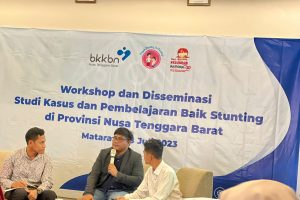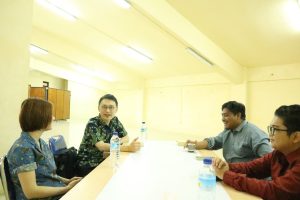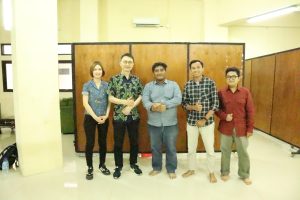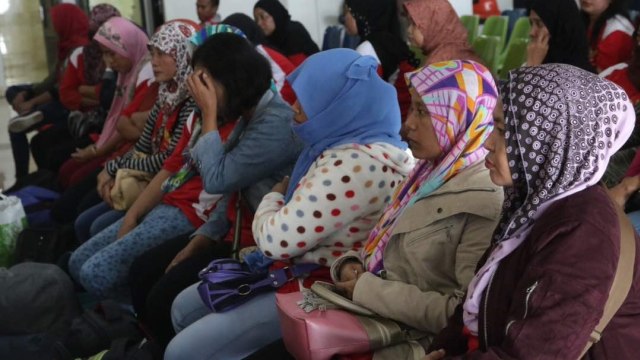The ICS research team immediately performed field study in the Suralaga district after winning the 2021 research proposal selection competition “Business Innovation during the Covid-19 Pandemic” held by the Indonesian Ministry of Education and Culture (Kemendikbud). The ICS team was joined by ten students who worked as interns at the ICS research facility. The interns concentrated on the research that ICS had designed as their thesis.
The Ministry of Education and Culture-funded ICS proposal is titled “Study of Government Policies and Alternative Strategies for the Economic Development of Migrant Workers Through Mapping the Potential of Social Entrepreneurship in Suralaga, East Lombok, West Nusa Tenggara Facing the Impact of Covid-19.” The search was carried out in three villages: Paok Lombok, Suralaga, and Dasan Borok. These communities are well-known for being the primary source of migrant workers in East Lombok. Migrant workers provide economic support to their families and the surrounding community; they rely significantly on migrant workers’ remittances.
After collecting data in the field, the results and findings of our research reveal that the emergence of Covid-19 has a significant impact on the family economy of migrant workers. Families of legal migrant workers struggle to continue remittances, and many are forced to quit working and return to their home countries. When they return, the family’s economic situation has deteriorated, and members of the community are not permitted to work outside the home, forcing former migrant workers to seek new employment. Because the majority of migrant workers are farmers, they have little trouble leaving the house to work, but agricultural prices have also plummeted due to the community’s diminishing purchasing power, which is also related to Covid-19.
Another intriguing discovery is that illegal migrant workers can nonetheless make a living. They can work in secret at companies while still sending remittances. Humairo, one of the wives of an illegal migrant worker, stated that her husband continues to send remittances, but she is having problems withdrawing money from banks or ATMs because to Covid-19 interruptions. Due to the denial of flight access to the destination country during Covid-19, there is also a backflow of illegal migrant workers. As a result, the only way to return to work is illegally. Illegal migrant workers crossing the Malaysia-West Kalimantan border.
Seeing the plight of migrant workers’ families afflicted by Covid-19, the government then provided particular social aid to migrant employees. Furthermore, the village administration provides training in catfish growing by employing the yard under their house’s roof. The village government also provided instruction in agricultural processing. Their processed agricultural goods are subsequently sold in a community-run shop as part of Micro, Small, and Medium Enterprises.
